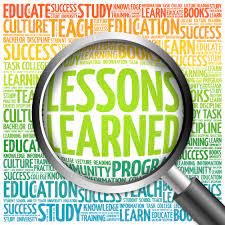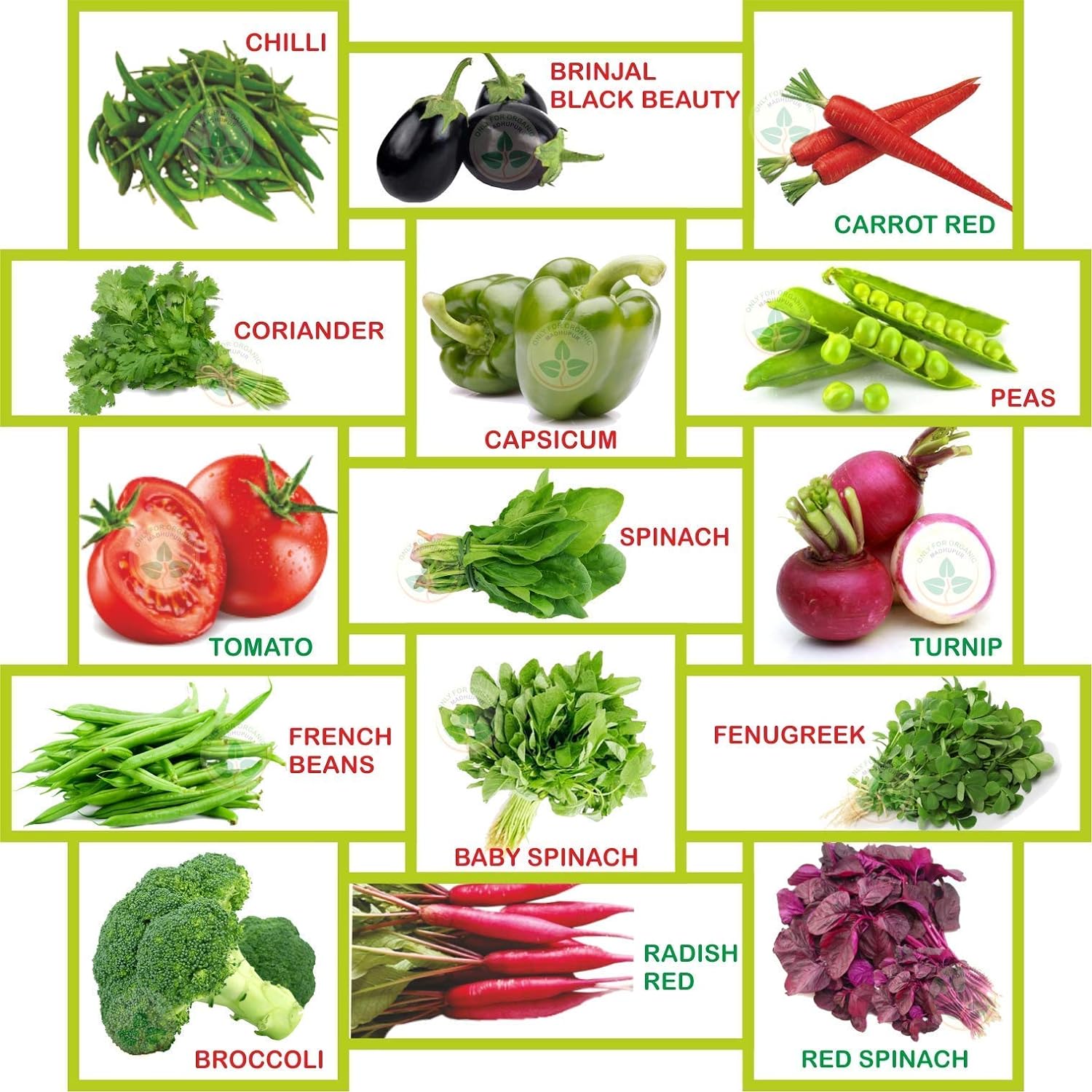 Laura Fry knew enough about 12-Step programs to know that her son struggling with substance use was not going to buy into participating in them; he was more of a science-based person. What she didn’t know was that trying to find an alternative recovery pathway for him was going to transform her own life. She found SMART, and although Laura stopped misusing stimulants herself 40 years ago, she says her recovery didn’t start until she connected to SMART in 2012. Now it’s part of her daily life.
Laura Fry knew enough about 12-Step programs to know that her son struggling with substance use was not going to buy into participating in them; he was more of a science-based person. What she didn’t know was that trying to find an alternative recovery pathway for him was going to transform her own life. She found SMART, and although Laura stopped misusing stimulants herself 40 years ago, she says her recovery didn’t start until she connected to SMART in 2012. Now it’s part of her daily life.
Laura’s early life was traumatic having grown up in an abusive home on the South side of Chicago. She started using drugs at age twelve and, at age 20, she had a cocaine-induced heart attack. She attended 12-Step meetings for a bit and built a life that included starting a family. When her son started having problems, she jumped into action and landed in a part of the recovery landscape that she never knew existed.
When SMART Recovery came up during a web search, Laura was intrigued. She liked that it was practical and could be applied broadly. “SMART is for any behaviors in your life that you want to change,” she says. By then, she was working for a nonprofit recovery organization called Live4Lali, and she saw an opportunity to bring additional resources to those the organization served. Laura decided to become a trained SMART facilitator and started bringing meetings into the center.
From there, she has progressed to becoming a SMART Regional Coordinator in Illinois and a staunch advocate for the idea of multiple pathways to recovery, with people choosing their own path. “Recovery is individual, and what my recovery looks like is going to be different than what yours looks like. And that’s okay.” Laura says that’s where power in recovery lives, “being able to learn what is going to work for you and what isn’t.”
For Laura, harm reduction also needs to be part of any recovery conversation because our recovery is always evolving. It comes down to taking stock of your life. “How are you living your life? Does your family like you again? Do you like yourself? Are you working? Is your house clean?” The answers to these questions illustrate the positive impact that a person in any stage of recovery can have on the world.
One story Laura shares concerns a young man who showed up at a SMART meeting and hesitantly asked the question of whether he was welcome there since he was currently taking Suboxone to treat his opioid use disorder. He said he had been told to leave another recovery meeting. Laura immediately approached him, looked him in the eye, and said, “you are not only welcome here, you are celebrated.”
Today, Laura continues her work in the recovery field alongside her son, who now works for the same organization and is also a trained SMART facilitator. She can’t help but gush, “SMART Recovery is just beautiful,” and Laura Fry is obviously part of what makes it so.




